
With the proliferation of battery-powered applications, the demand for high-quality and inexpensive batteries and battery packs continues to soar. Battery manufacturers continue to adopt new chemicals and introduce smaller sizes, and new and complex limitations and requirements have been created, but the basic function of the battery has not changed: extended operating time and shelf life without compromising system performance.

The significance of developing a renewable-energy power system is directly associated with addressing climate change issues around the globe. The consequences of climate change have economic implications, which impact diverse sectors and regions. As global temperatures continue to rise and extreme weather events become more prevalent, crucial elements like agricultural productivity, water resources and supply chains are directly affected.
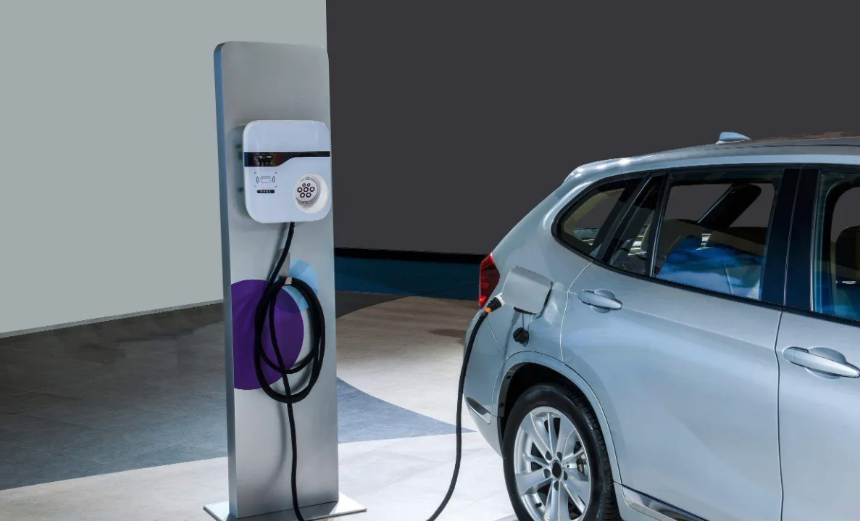
Usually, e-mobility is associated with vehicles with a large battery charged by electricity. However, other exciting drive technologies have emerged recently. Among the most promising solutions are electric vehicles with hydrogen infrastructure, which use fuel cells to generate electricity, an alternative without emissions and without long charging times
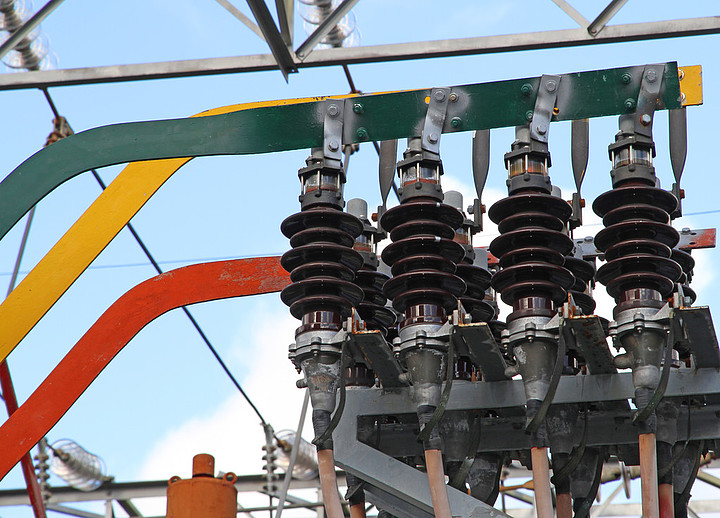
Transmitting data over cables in industrial applications comes with the challenges of a high-transient–voltage environment and high EMC interference. Compact digital isolators can be a solution. For a better understanding of the situation, the application of an industrial intralogistics system with various functional units is used.
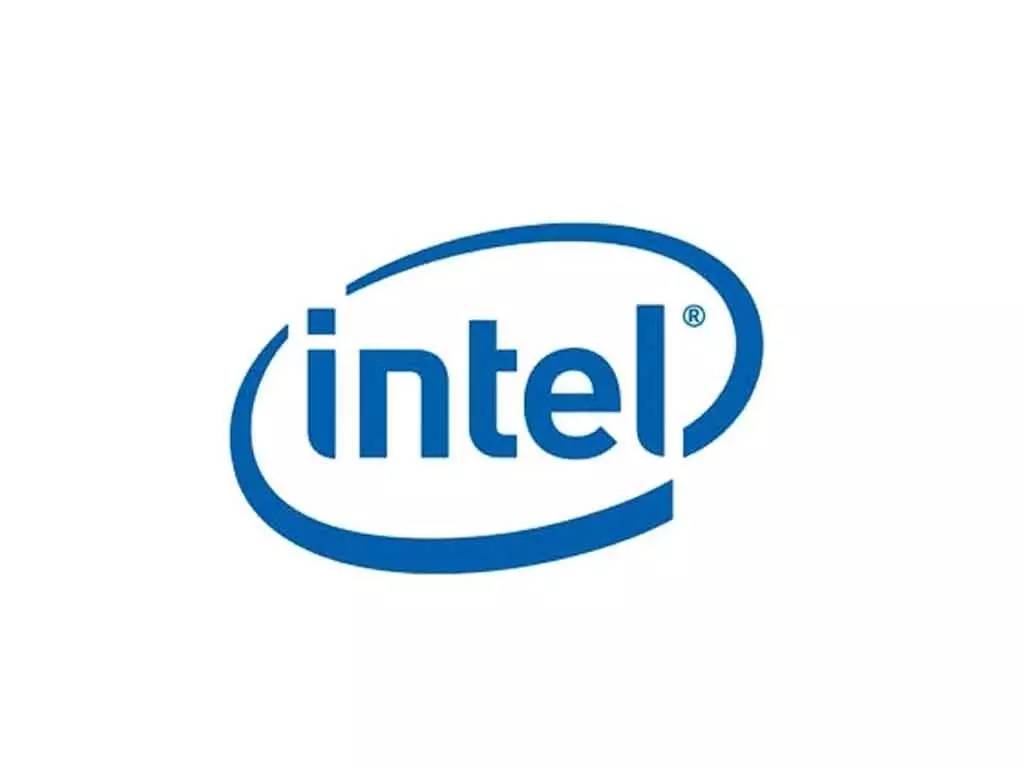
In September of this year, Intel announced that it was the first to launch a glass substrate for the next generation of advanced packaging, and plans to bring a complete solution to market in the next few years, so that the number of transistors in a single package continues to increase, continuing to push Moore's Law to meet the computing needs of data-centric applications.
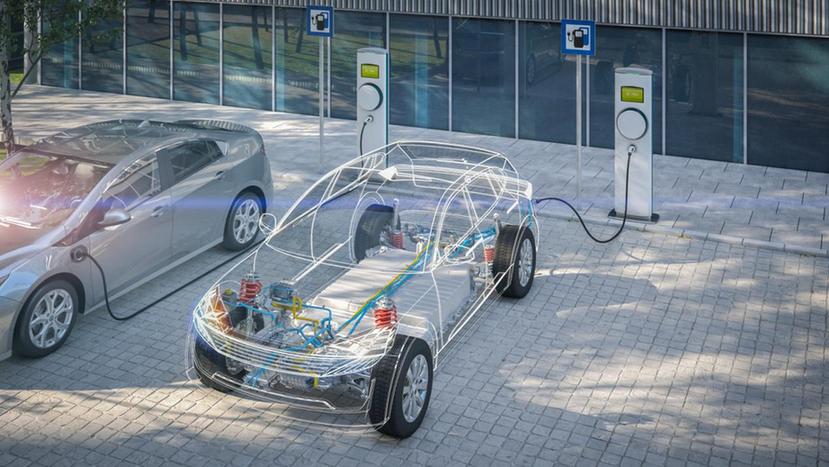
Vehicle electrification is a sector that still has many technical challenges that automakers are focusing on. Electronic designers and engineers of powertrain systems and high-voltage technology systems for a sustainable future are interested in achieving greater range for EVs, reducing design complexity and costs of external components.

Consumers expect a variety of electronic devices to be equipped with portable, fast and efficient chargers. With most electronics moving to USB Type-C® chargers, more and more users want to be able to charge all their devices with a compact power adapter.
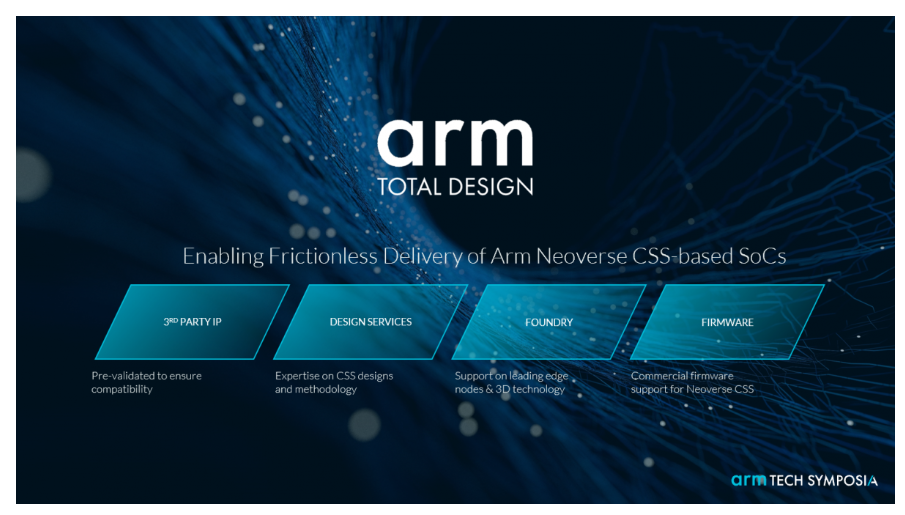
Arm's platforms such as Arm Total Compute Solutions, Arm Neoverse, Arm Corstone and SOAFEE, which have been launched in recent years, help eco-partners provide complete, integrated solutions that enable customers to quickly adopt and launch their own solutions to support the needs of the era of generative AI.
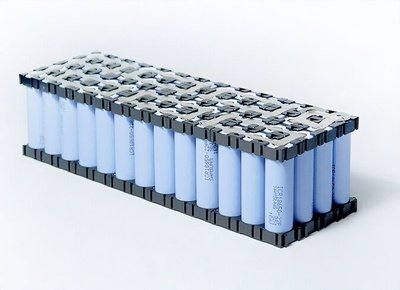
Global carbon dioxide (CO2) reduction is unquestionably the most significant global challenge of this century. The goal of achieving carbon neutrality by 2050 and limiting the long-term increase in global average temperature to 1.5°C has remained unchanged since the signing of the historic Paris Agreement in 2015.
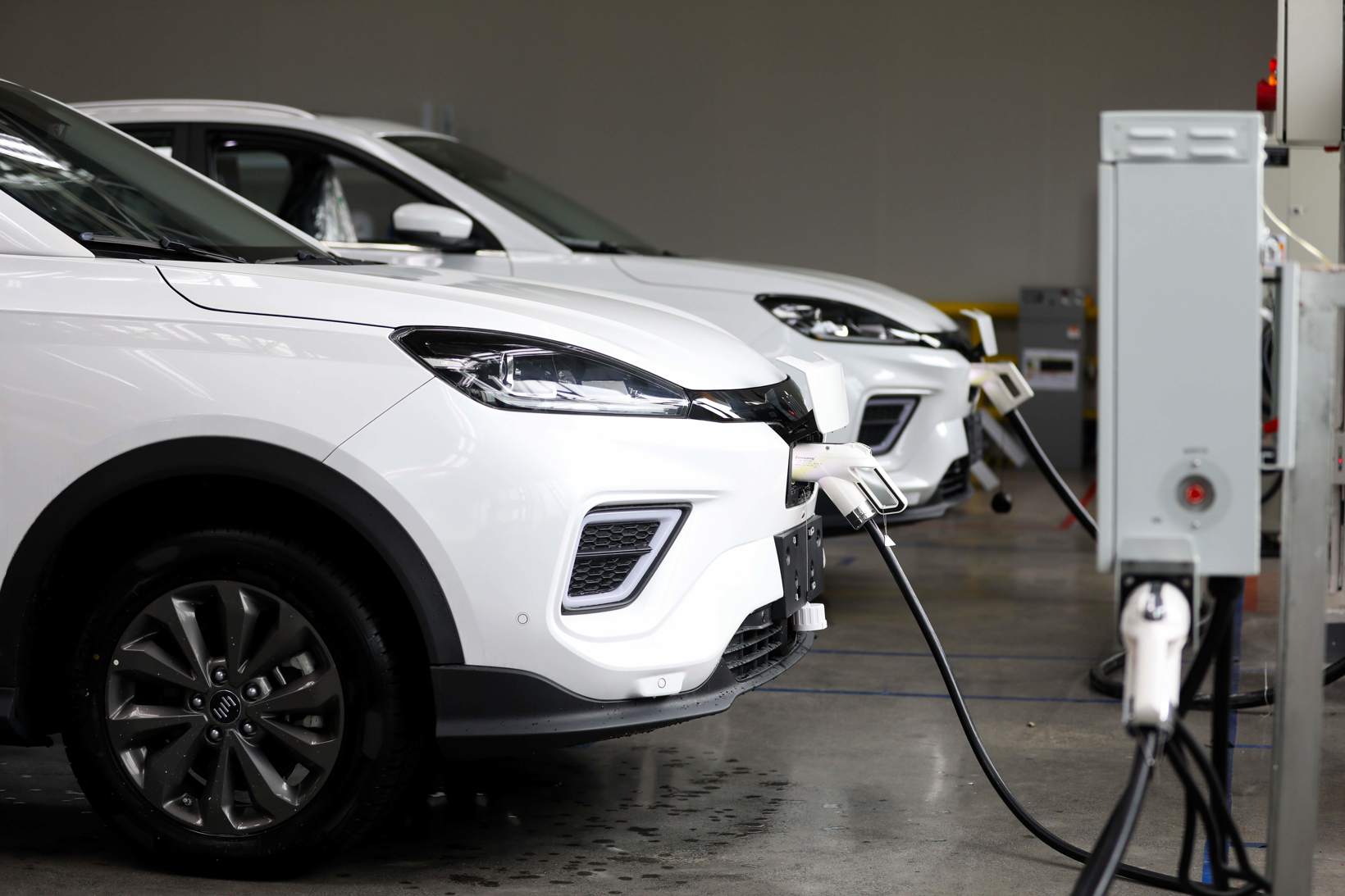
As early as more than a decade ago, 400V battery systems were introduced in electric vehicles, and now we see the industry migrating to 800V systems, mainly to support DC fast charging. With increased voltages and lessons learned from 400V systems, designers are now focusing on enhancing the performance of high-voltage protection circuits and improving reliability.
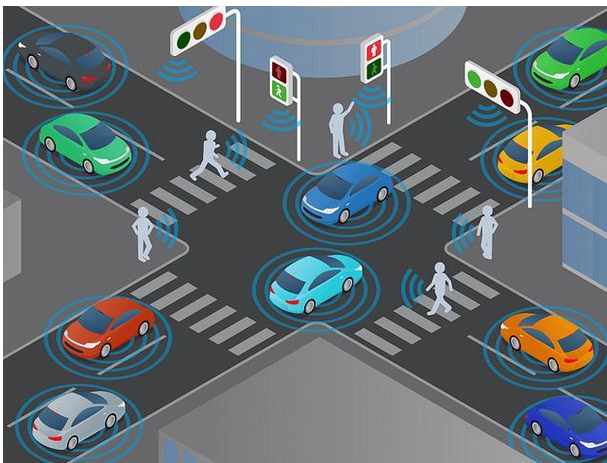
How can e-mobility and sustainable energy ecosystems create and deliver greater value to electric vehicle (EV) owners? Analog Devices' electrification solutions product line, Analog Devices Recharge, offers a new definition. ADI Recharge improves electric vehicle operation and increases the lifetime value of the battery, ultimately helping to reduce the total cost of ownership of electric vehicles. ADI is working with Oems, Tier 1 suppliers, battery manufacturers, power companies and other stakeholders to build an unprecedented information ecosystem using EV battery data.

Advanced Driver assistance systems (ADAS) help mitigate the effects of distracted driving, thereby providing comprehensive protection for drivers, pedestrians, and vulnerable people on the road. To achieve a five-star safety rating and meet regulatory requirements, additional backup cameras, front-facing cameras and driver monitoring systems are needed

New 5G use cases and features change the landscape of 5G antenna modules from dedicated, often custom designed and developed portable mobile device hardware used in smartphones and tablets. This translates into integrated iot modules in sensor platforms, autonomous mobile robots (AMR), industrial control devices, augmented reality/virtual reality (AR/VR) headsets/systems, and automotive platforms
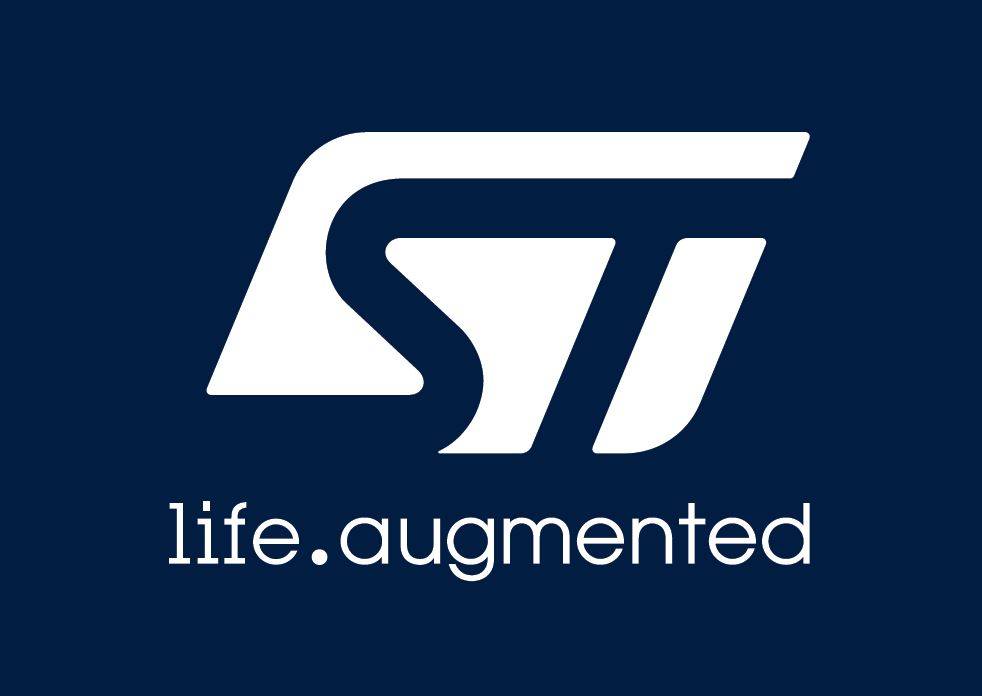
Many operations that seem to come easily in daily use are inseparable from the perception of sensors.
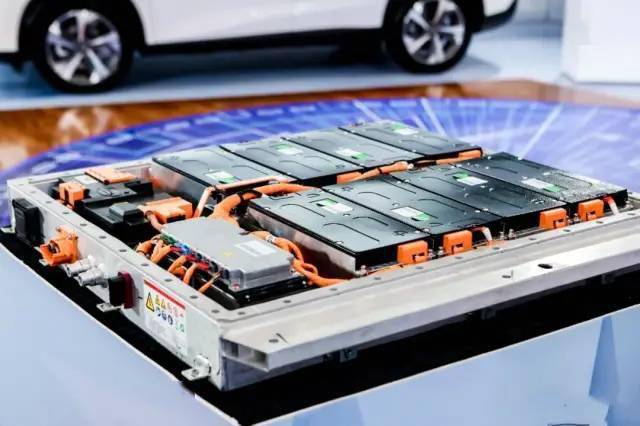
Double-side cooled (DSC) SiC modules show improvements in traction inverter performance compared to conventional single-side cooled (SSC) modules.

PassThru technology is an essential feature for wide input-powered devices. It allows for improved efficiency and extends the lifespan of energy storage systems vs. systems that utilize conventional control.
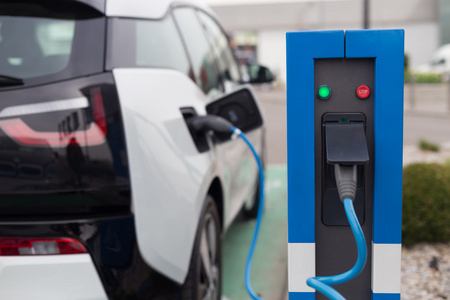
The growing use of electric vehicles has posed challenges for the electricity grid as it needs to meet the increased demand. This surge in electric vehicle adoption has brought about significant issues for power networks, such as higher power consumption, increased short-circuit currents, and the possibility of voltage fluctuations.